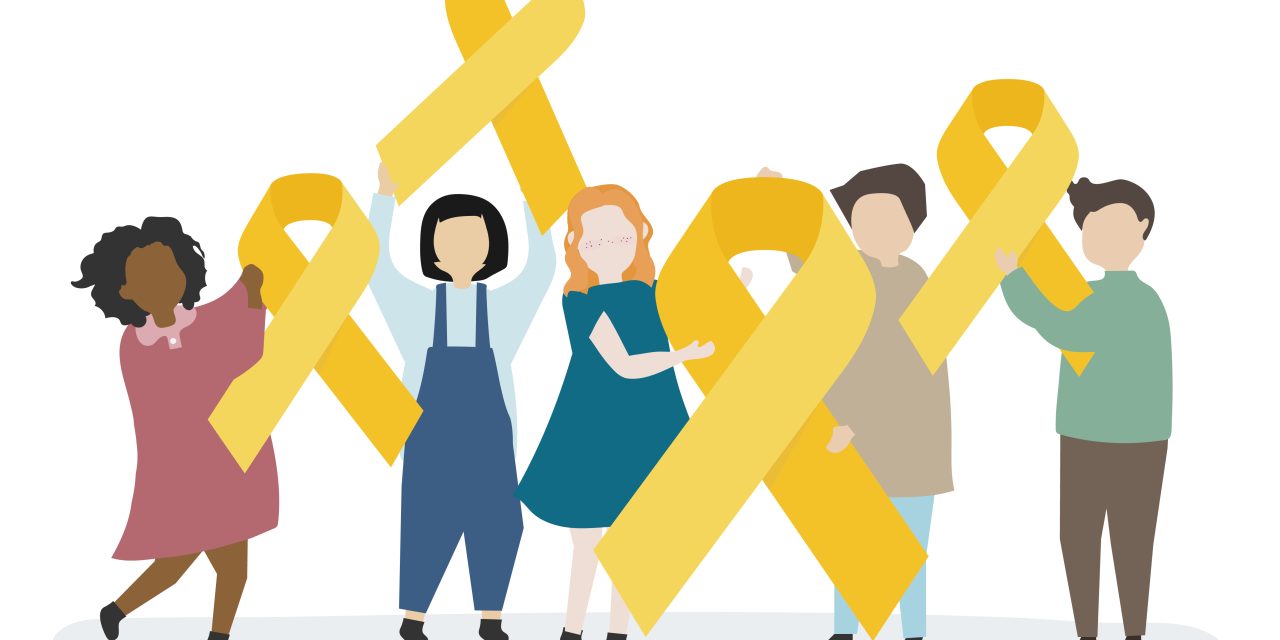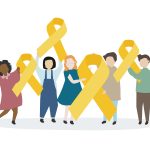It’s important to separate myth from fact so that survivors can be empowered to live full lives
Childhood cancer is surrounded by many misconceptions that create unnecessary fear, stigma, and discrimination. These myths affect survivors and their families and communities.
Myth 1: Survivors are disease carriers and pose health risks to others.
Fact: Childhood cancer is not contagious. It is not caused by a virus, nor is it infectious. It is completely safe to interact with survivors.
Myth 2: Cancer is linked to evil spirits or bewitchment.
Fact: Cancer is a medical condition, not the result of supernatural forces. It requires proper medical treatment and care, not stigma or exclusion.
The laughter of a child lights up the house. – Swahili Proverb
Myth 3: Childhood cancer survivors are genetically inferior and will always have fertility problems.
Fact: Fertility challenges depend on the type of cancer and treatment received, not genetics alone. Many survivors go on to have children of their own.
Myth 4: Survivors have short lives.
Fact: While two out of three survivors may face late effects or secondary cancers, this is not directly linked to shortened life expectancy. With regular follow-up care and monitoring, many survivors live long, healthy lives.

Myth 5: Survivors no longer need care after they are cured.
Fact: Ongoing medical follow-up remains essential for childhood cancer survivors. Vigilance and regular check-ups help detect and manage any long-term side effects.
Myth 6: Survivors face a miserable and hopeless future.
Fact: There is life and a bright future after cancer. Most survivors return to school, join activities, and reintegrate successfully into family, work, and community life.
Myth 7: Survivors can’t do well in school or employment.
Fact: Most survivors achieve well academically and in their careers. Some may face cognitive or learning difficulties, but with the right support, they can thrive.
Myth 8: Children and adolescents shouldn’t be told they have cancer.
Fact: Being open with young patients helps them understand their journey and empowers them to take charge of their health and wellbeing. Knowledge builds resilience and confidence.
Myth 9: Survivors will always face stigma and discrimination.
Fact: In many countries, survivors are celebrated as heroes and proof that childhood cancer can be overcome. In places where stigma remains, raising awareness and speaking out are key to changing perceptions.
Help at hand
Childhood cancer survivors are not defined by their illness. They are living proof of strength, resilience, and hope. Breaking myths and challenging stigma is everyone’s responsibility so that survivors can live with dignity, confidence, and equal opportunity.
Images: Freepik



















